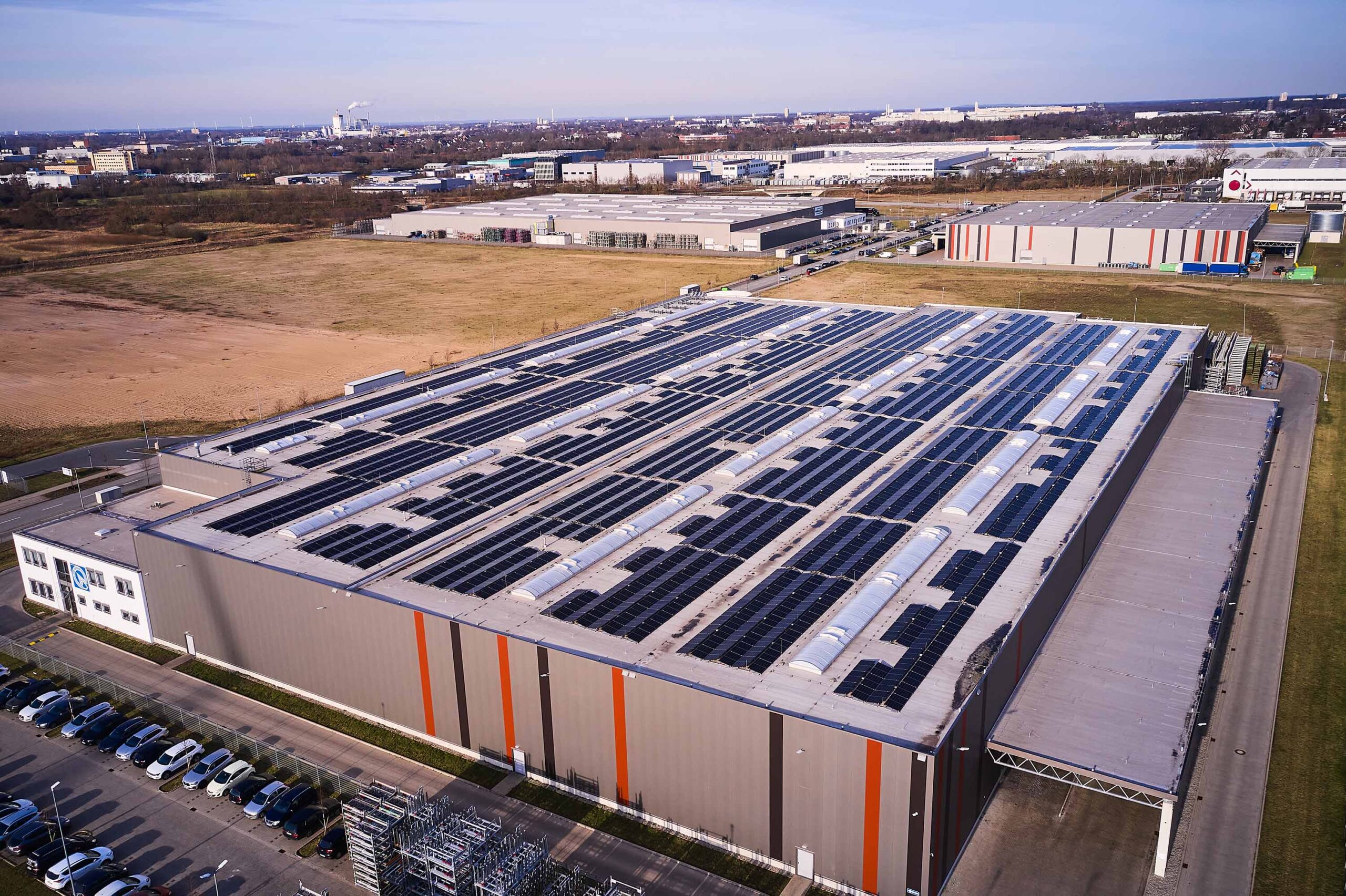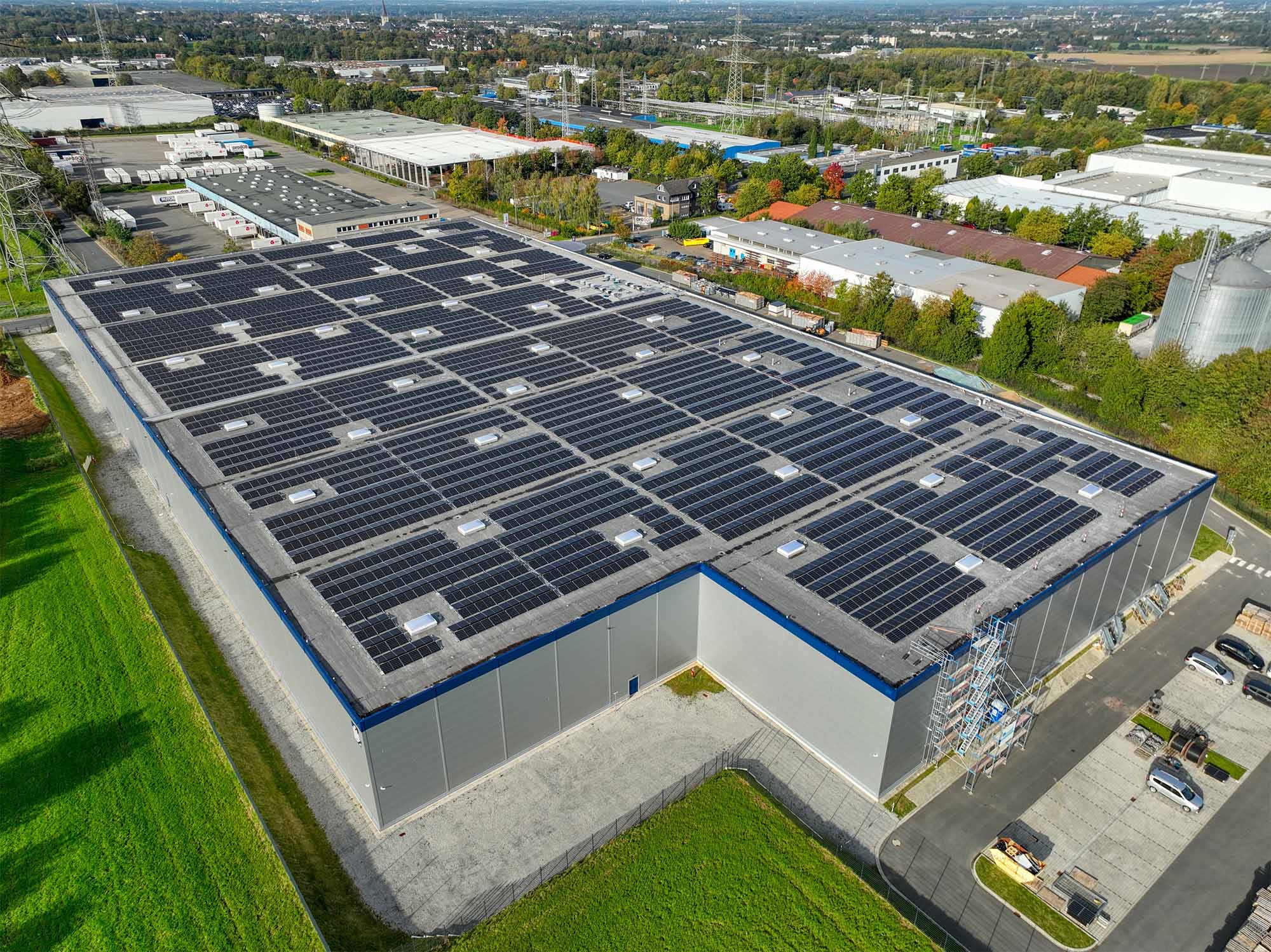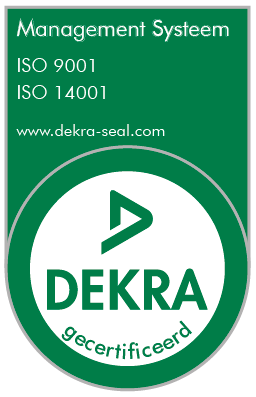In the coming months, we will talk to sustainable business leaders about the opportunities and challenges of the future economy. This time: Johannes Duijzer, CEO of solar energy company Sunrock, about the energy transition. “The real questions are: how do we get it done operationally? And where do we get the stuff?”
What is Sunrock doing to achieve the Paris climate goals?
“Everything we do contributes to the Paris climate goals. Our right to exist is in a society that runs on clean energy. That is what we are working towards. We want to use as many roofs as possible to generate solar energy. We saw that in the Netherlands not enough solar panels were being installed on the roofs of business premises, despite the subsidies. So we started focusing on that.
“We provide the energy solution that suits the property owner. For some, that stops with the rental of the roof. Others want to use the energy themselves. We see that more and more property owners want to benefit from the solar energy they generate themselves. That is more sustainable, because it is locally generated energy. It is also financially attractive. Last year, we regularly had to deal with negative energy prices because of COVID-19. But in the past four months, we have seen prices of 80 to 150 euros per megawatt hour. Your own energy is then soon cheaper.”
It also offers a solution to an increasingly acute problem: the shortage on the electricity grid. It’s not just us who can no longer get a connection, but also the building owners themselves. We then use a battery and consumption optimisation to ensure that the smallest possible grid connection suffices. For example, on a Prologis property we can install twice as many solar panels on a standard connection, thanks to a large battery combined with a fast charging system for trucks.”
What contribution will you make to the future economy in the coming years?
“By the end of this year, we will have 230 megawatts of solar panels operational across 120 locations. We are building very hard. Sunrock has 35 to 45 percent of the market for large-scale roof systems. In the Netherlands we want to grow to 600 megawatts. That sounds easy but it isn’t.
A very important element is the suitability of the roofs. We have now contracted 400 megawatts, of which 230 megawatts will be operational by the end of this year. The potential is almost double that. So half of it will not be installed because the roof is not sturdy enough, the insulation is unsuitable for solar panels or the grid connection is inadequate.
We are growing in all directions with our solutions: on large roofs with off-grid possibilities, such as at Prologis, and we also see many opportunities in the smaller market. In addition, we are expanding internationally and the offering is becoming smarter and more complex. The aim is to have 1.5 gigawatts operational within five years. That’s a big ambition, because it’s becoming more difficult due to the restrictions. At the same time, the dominant political and economic movement is also becoming stricter and clearer. After all, sustainable power must and will happen.”
What are the biggest challenges for the sector in the coming years?
“The biggest challenge is the availability of actually everything. Of all the materials, solar panels, inverters, technical staff. The task is so gigantic. People often do not understand that yet. But if we really want to become sustainable at the pace required to achieve our goals in 2030, that means a huge amount of material and work. The real questions are: how do we get it done operationally? And where do we get the stuff?
In the short term, there is no easy solution to this. As Europe, we have banished the entire solar panel industry to China. You can’t get that back just like that. As a result, we are now very dependent. We are seeing the first companies that are going to supply from Europe. They are still far too expensive. But in time, I do not exclude anything.
There is also a positive development. We see that sustainable energy has become mainstream economics. Young talent in particular is finding it increasingly attractive. Three years ago, it was still very experimental to work at Sunrock, but now it’s the future if you want to make a career. If you want to do the right things and learn relevant things for the next 30 years, this is a very interesting company.”



